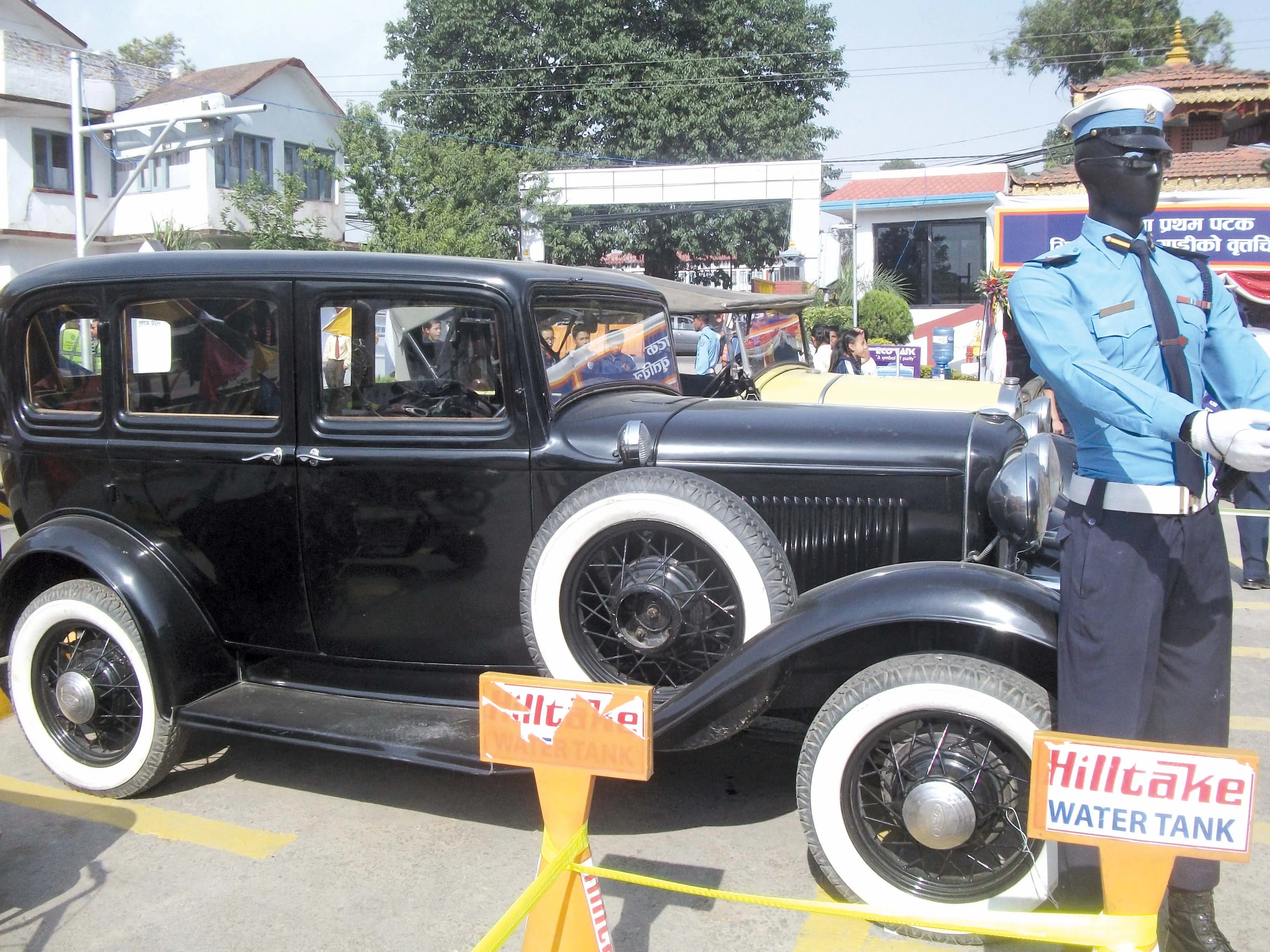March 23, 2016
Read time: 1 min
Police in the UK stopped a speeding car only to discover the passenger was in the late stages of labour and being driven to hospital by her partner. Before the officers were able to decide what to do next, the woman began to give birth. The officers, having undergone first aid training, assisted. New mother and baby then made the journey together afterwards having come through this emergency unscathed.









